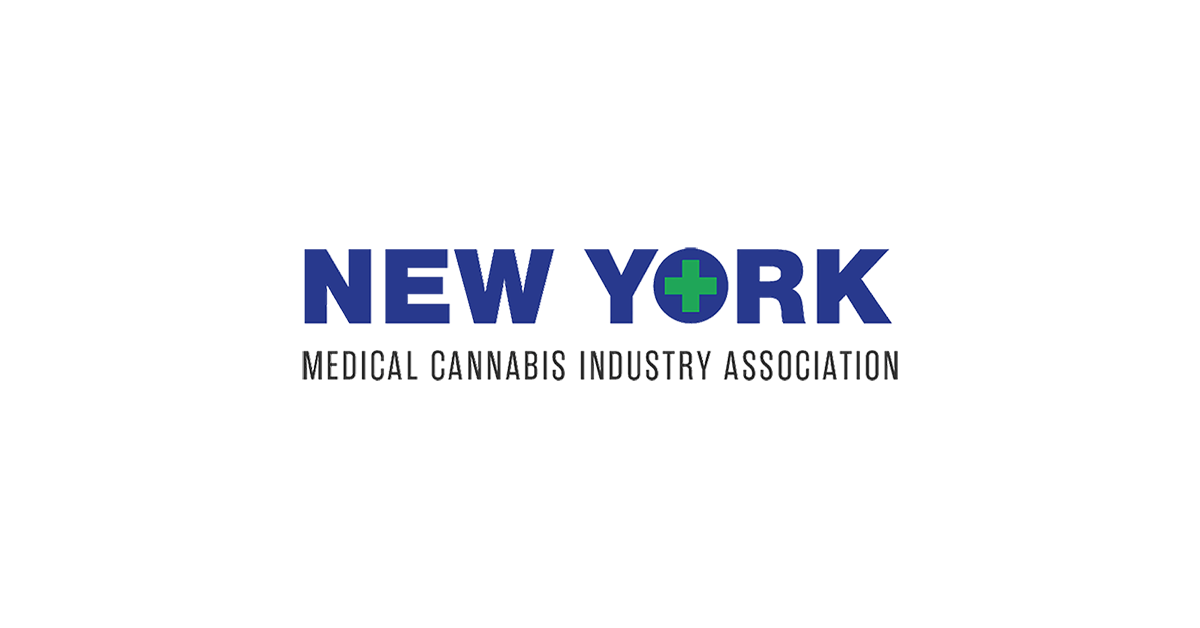New York Medical Cannabis Industry Association Public Comment on Conditional Adult-Use Retail Dispensary Regulations
May 31, 2022
I am writing on behalf of the New York Medical Cannabis Industry Association (“MCIA”) to submit public comments on the Office of Cannabis Management's (“OCM” or “Office”) proposed regulations regarding the Conditional Adult Use Retail Dispensary (“CAURD”) regulations. The MCIA represents nine of the 10 Registered Organizations (“ROs”) operating in New York’s Medical Cannabis Program and has a mission to protect and improve patient access and the affordability of medical cannabis. We also support a diverse and competitive cannabis marketplace and commend the OCM on its effort to implement the spirit of the Marijuana Regulation and Taxation Act (“MRTA”) by prioritizing licenses in the emerging adult-use cannabis market for social equity and economic empowerment businesses. The ROs support this effort and look forward to participating as productive stakeholders. To that end, we offer the following comments:
1. The eligibility criteria for a person to show 10% ownership in a business that operated profitably for two years is prohibitive.
According to the City of New York’s “Advancing Black Entrepreneurship in New York City1” report, the Black community currently makes up 22% of New York City’s population (1.9 million), but only 2% of NYC businesses are owned by Black entrepreneurs. This troubling disparity, which can be traced back to historic discrimination of Black Americans, is largely tied to access to capital and work experience.
Imposing 10 percent ownership eligibility criteria on individuals who have been historically discriminated against by financial institutions and thus less likely to launch and operate a profitable business, risks harming the very people the MRTA was designed to help. The economic impacts of COVID-19 pandemic have only compounded these disparities and underscored the need for sensitivity and focus on elevating members of these communities.
While the impetus for the 10 percent ownership eligibility criteria may have been driven by a desire to reduce the credit risk of loans made by the New York Social Equity Cannabis Investment Fund2 to justice involved licensees, no evidence has been presented that it will do so. The Office should instead explore implementing a broader set of criteria with the goal of not only reducing credit risk but also ensuring a wider array of talented individuals qualify. For example, an individual who managed a profitable pharmacy for a decade but didn’t have an ownership stake in the business may have a higher probability of successfully operating a retail dispensary than someone that operated a profitable but not-retail focused business. Expanding the criteria to include management and other non-ownership business experiences may better serve the over 400,000 New Yorkers with cannabis convictions.
2. Complexity in Social Equity licensing efforts is an unnecessary obstacle.
Similarly, the proposed regulations’ requirement that eligible “justice-involved” individuals provide audited financial statements, tax documentation, and proof of adequate insurance policies is overly burdensome and threatens to significantly limit the pool of applicants. Based on our collective experience in virtually every other market across the nation, we believe that successful social equity policies should lower regulatory hurdles, not heighten them as the OCM’s proposed regulations would.
We understand that the OCM plans to issue only 100-200 CAURD licenses and needs the applicant pool to be manageable. But these requirements will have the unintended consequence of inconsistent and complicated scoring processes. New York can learn from other states and avoid over-engineering social equity licensing, thereby avoiding delays due to inconsistent scoring and litigation. We strongly recommend that the OCM reconsider these requirements to provide first-to-market license opportunities for the people and entities that the MRTA intended - those with cannabis convictions and from disproportionately impacted communities.
3. The regulations do not outline the actual licensing process and/or a trustworthy, transparent, and fair tie-breaking process.
Lastly, a critical component to any licensing scheme is for a clear, transparent, fair, and trustworthy process by which licenses will be scored and awarded. The proposed regulations lack clarity around the process of how CAURDs will be awarded. Furthermore, the regulations allude to a weighted scoring application process, but do not outline a clear tie-breaking process for applicants that achieve the same score. In our experience in other markets, this will likely result in litigation among applicants, which could further delay New York’s launch of the adult-use cannabis market. In this instance, timing matters. While neighboring states continue to launch adult-use cannabis markets and the unregulated market in New York continues to flourish, the business opportunity within our state becomes increasingly challenging and tax revenue is being lost as a result.
If a policy goal of the OCM is to both create pathways for licensure for people with legacy cannabis experience and encourage consumers to utilize the regulated market, then a swift market launch is critical. New York has a thriving cannabis community that will certainly lead to a surplus of eligible applicants. OCM must be prepared to resolve all the aforementioned issues with transparency in order to avoid litigation and ensure CAURD licensees can open their doors before the oft-stated goal of establishing an adult-use market by the year’s end.
We are eager to work with the OCM and other stakeholders to support the state’s social equity goals. As long-standing companies operating in the New York medical cannabis program, we are deeply invested in this state and look forward to participating in a diverse and competitive adult-use market after those harmed by the War on Drugs have entered it. Thank you for your consideration. We stand ready to discuss any of these recommendations at your convenience.
https://www1.nyc.gov/assets/sbs/downloads/pdf/about/reports/benyc-report-digital.pdf
https://www.dasny.org/opportunities/rfps-bids/2022/new-york-social-equity-cannabis-investment-fund
